I first visited Paros, Greece, in 1974, at the age of 19. As a native of Naples, Italy (founded by Greek colonizers in 470 BC), Greece felt like coming home. The Aegean islands were still mostly untouched by tourism. Life was simple, communal, and sustained by locally grown products and fishing. I returned four years later, in 1978, when the impact of increased tourism was evident, and transformations in local life showed some changes. Almost 50 years later, in 2024, I returned to Paros as a guest of a local arts organization. The approach to the island immediately showed how much things had changed: villas with swimming pools, too many automobiles, a comparatively extensive network of roads, and a decrease in agriculturally active land. As in many parts of the world, tourism brought a new-found wealth and with it an alteration in the basic economy. Instead of agricultural cultivation, the land has over the decades become a commodity, holiday rentals have replaced olive groves and other agricultural lands, and the population's main occupation is at the service of tourism.
Of course, the exponential increase in tourism also brings with it problems related to various resources. Water, already precious for its scarcity, has become an even greater problem because of increased demand. Food to feed the hundreds of thousands of visitors must be imported, and fish stocks, once a valuable and abundant local resource, have diminished to crisis levels. Although many of the small coastal island towns in the past counted fishing as one of their main occupations and a major source of nourishment, today that industry and its practices are under threat also because of industrial fishing ventures. For example, drag nets that scrape the sea bottom as they fish for sea cucumber for exportation, have destroyed the sea environment so that it can no longer sustain other marine life. The increase in sea urchin fishing, again for export, has also reduced the numbers of an important sea creature, a key species for the maintenance of a balanced sea ecosystem and, as such, has resulted in the loss of other species.
In order to gain some control on overfishing, the Greek government instituted a program to reduce the local fishing fleets. Fishermen on many islands, Paros among them, were asked to destroy their fishing boats and give up their licenses. Many of the old fishermen found this a great opportunity as they reached old age, and they were well compensated in the process. Unfortunately, this represented a slow death not only in the diminishment of the industry, but also in its associated parallel industries such as boatbuilding. The worst part of this exercise was that it required fishermen to physically and literally destroy their boats, the traditional Mediterranean kaiki (caïque), which came to represent a negation of history and the possibility of passing fishing culture from generation to generation. The Paros artist, Dimitra Skandalis has collected fragmented portions of caïques and created installations illustrative of the island's history and culture. It was through her that I was able to meet the fisherman Manos. Born in 1978, the year of my second visit to the island, Manos came into the world when fishing was still regarded as a potential occupation of generational promise.
Unfortunately, his father was one of the old fishermen who decided to give up his boat and license, which made Manos' transition into fishing a little more difficult. We spoke at length in his small shelter on the waterfront of Alyki. His place is stuffed with fishing equipment and supplies; it is also a place where friends and family stop by to talk, share a coffee or a cigarette as he mends his nets. It was where I spent some time with him talking about the current fishing situation, his short stint on the mainland during military service, the temptation to remain there, his eventual return to the island, and prospects for the future.
Manos and other struggling island fishermen continue their practice as they have for centuries, despite dwindling stocks resulting from the destructive practices of large corporate fleets after more lucrative catches.
Ironically, two days after I took these photographs, with Greece as its main signatory, the European Union passed a new bill banning the use of drag nets in the Mediterranean beginning in 2026. Manos did not seem to be too optimistic as to its effects, a sentiment that I share given the decades of abuse heaped upon the marine environment. Although there might be some relief on the horizon for the small local fishermen, it's hard to say if this new legislation is not a case of too little too late.
Photos & Writing by Pasquale Verdicchio
Editing by Mei Seva
If you want to support storytelling by The Raw Society, check out our magazine here.
Become a member here.




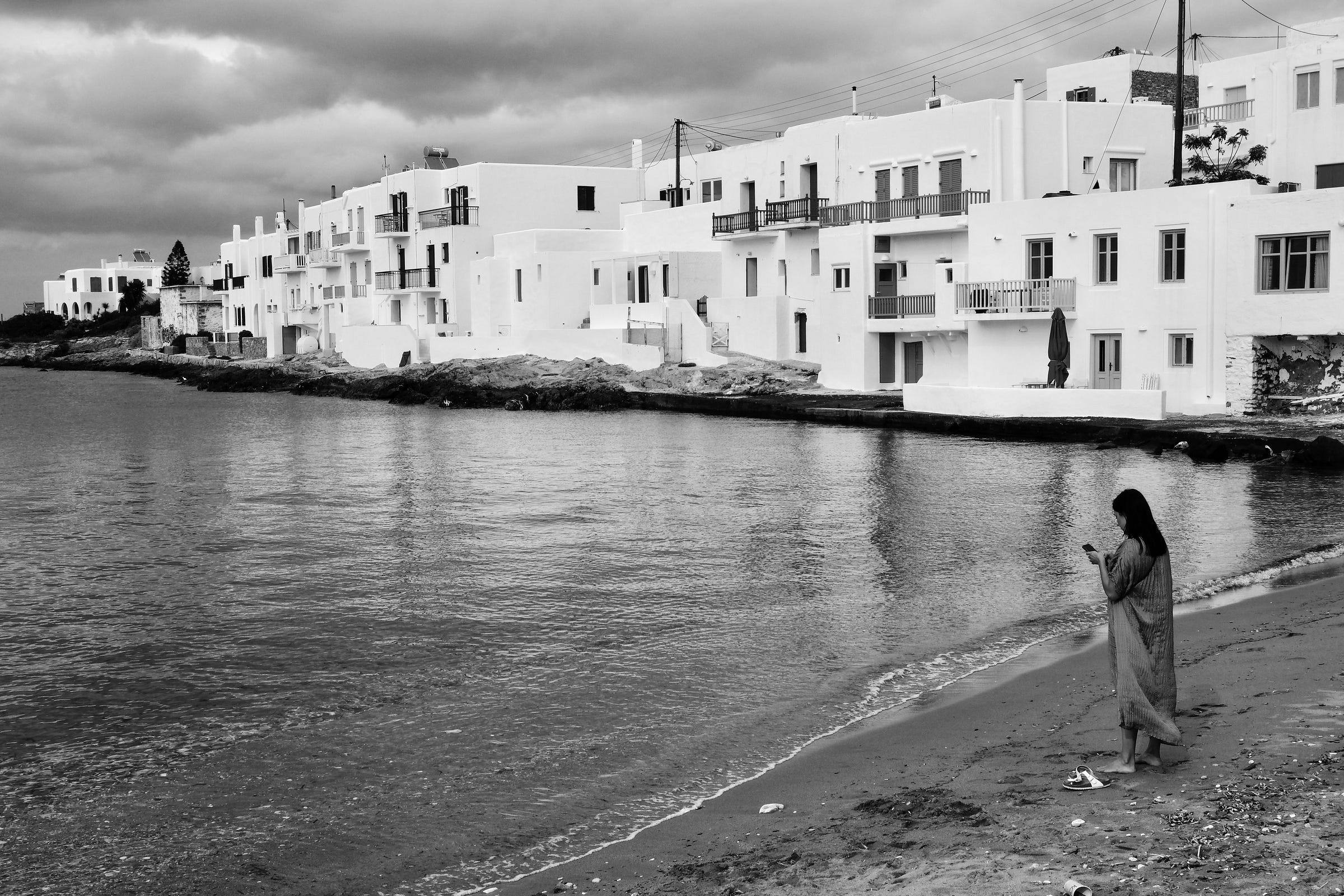
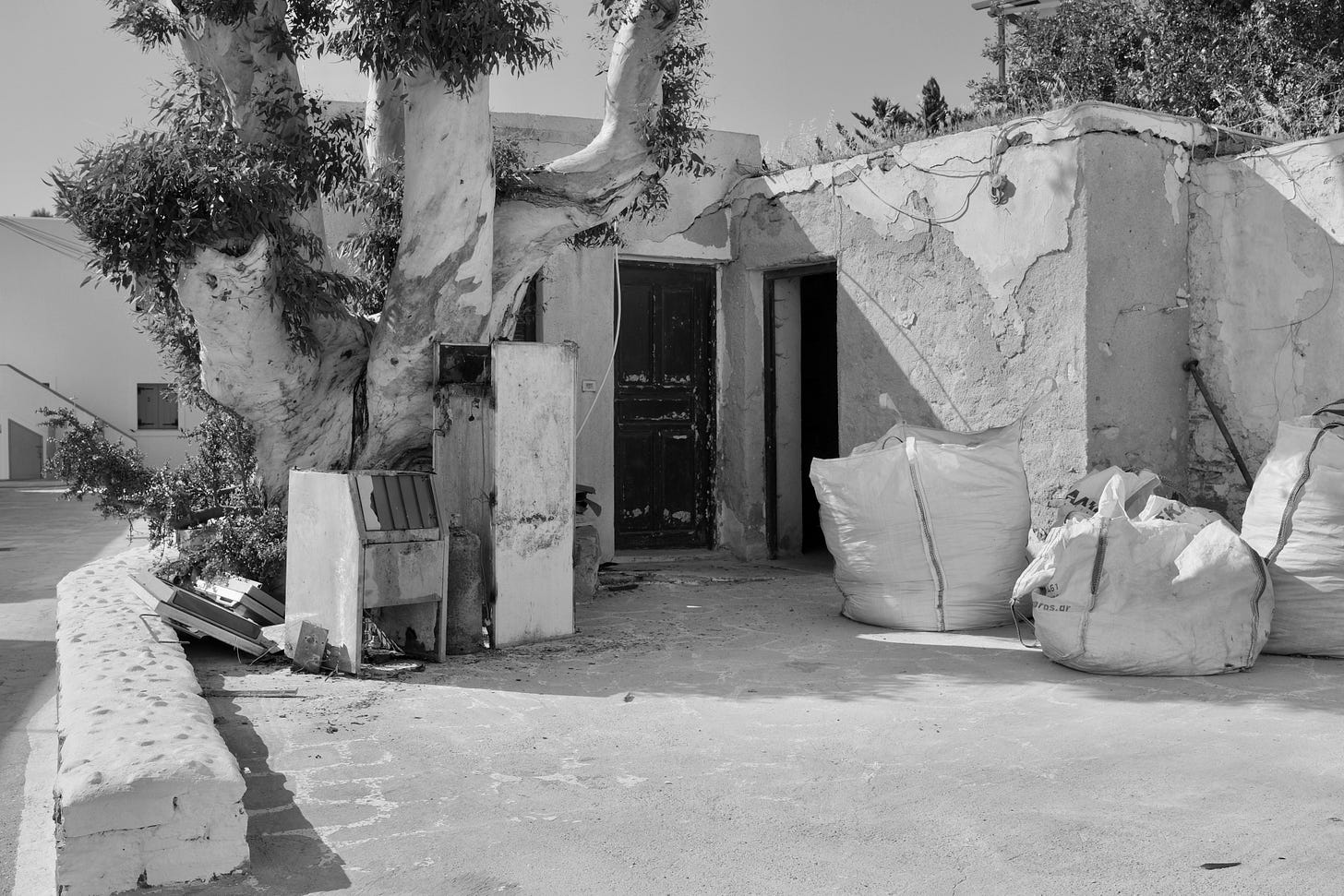
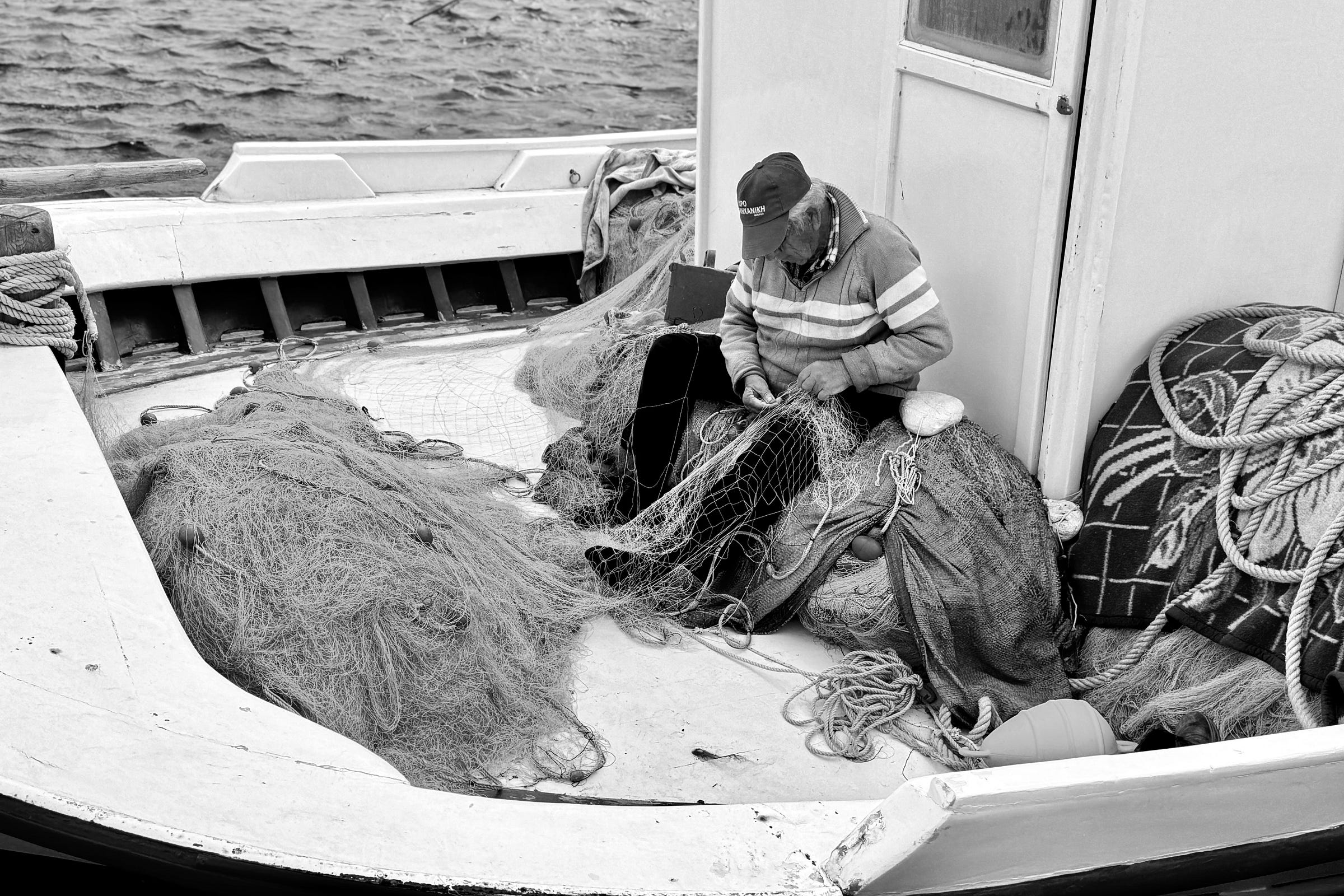
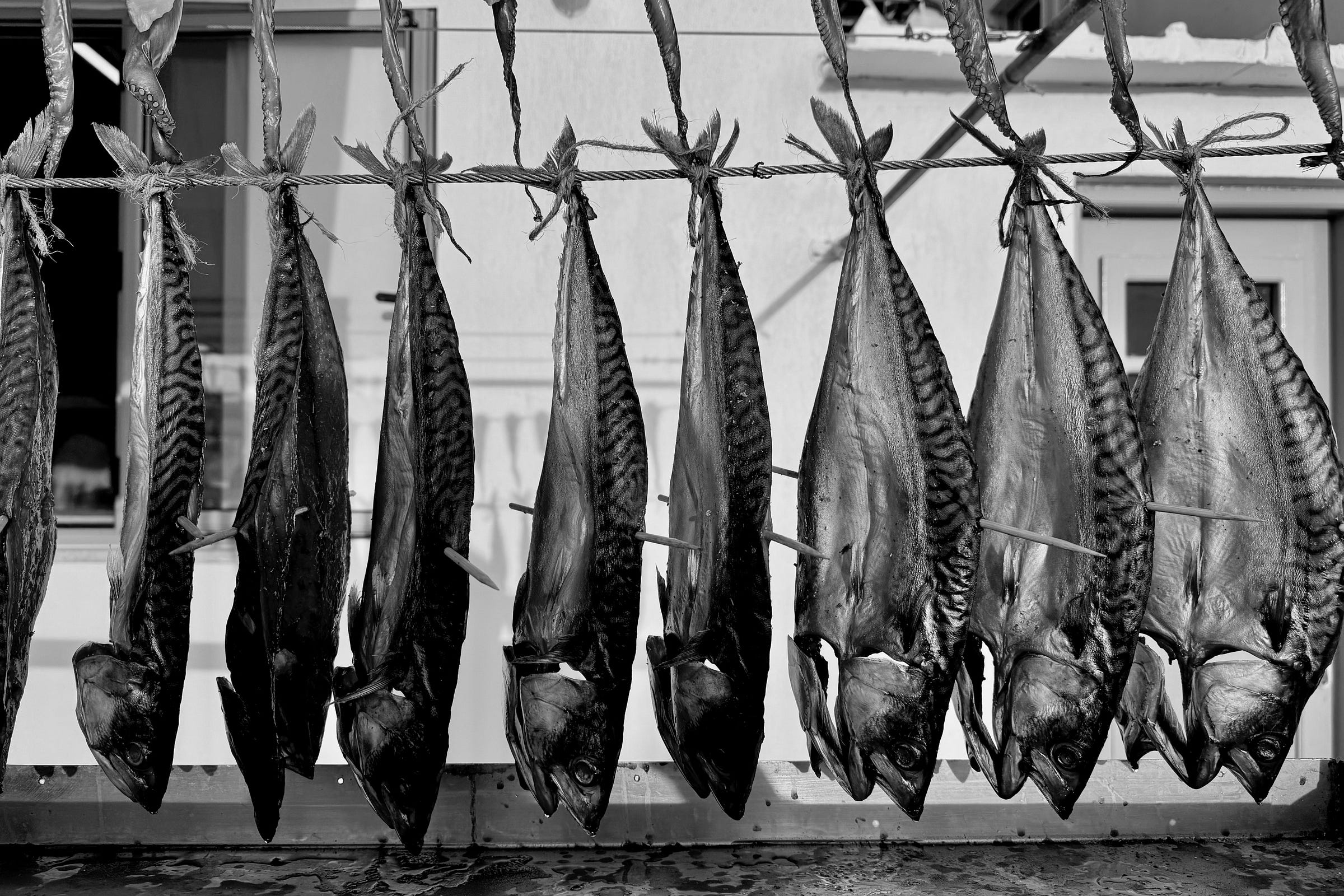
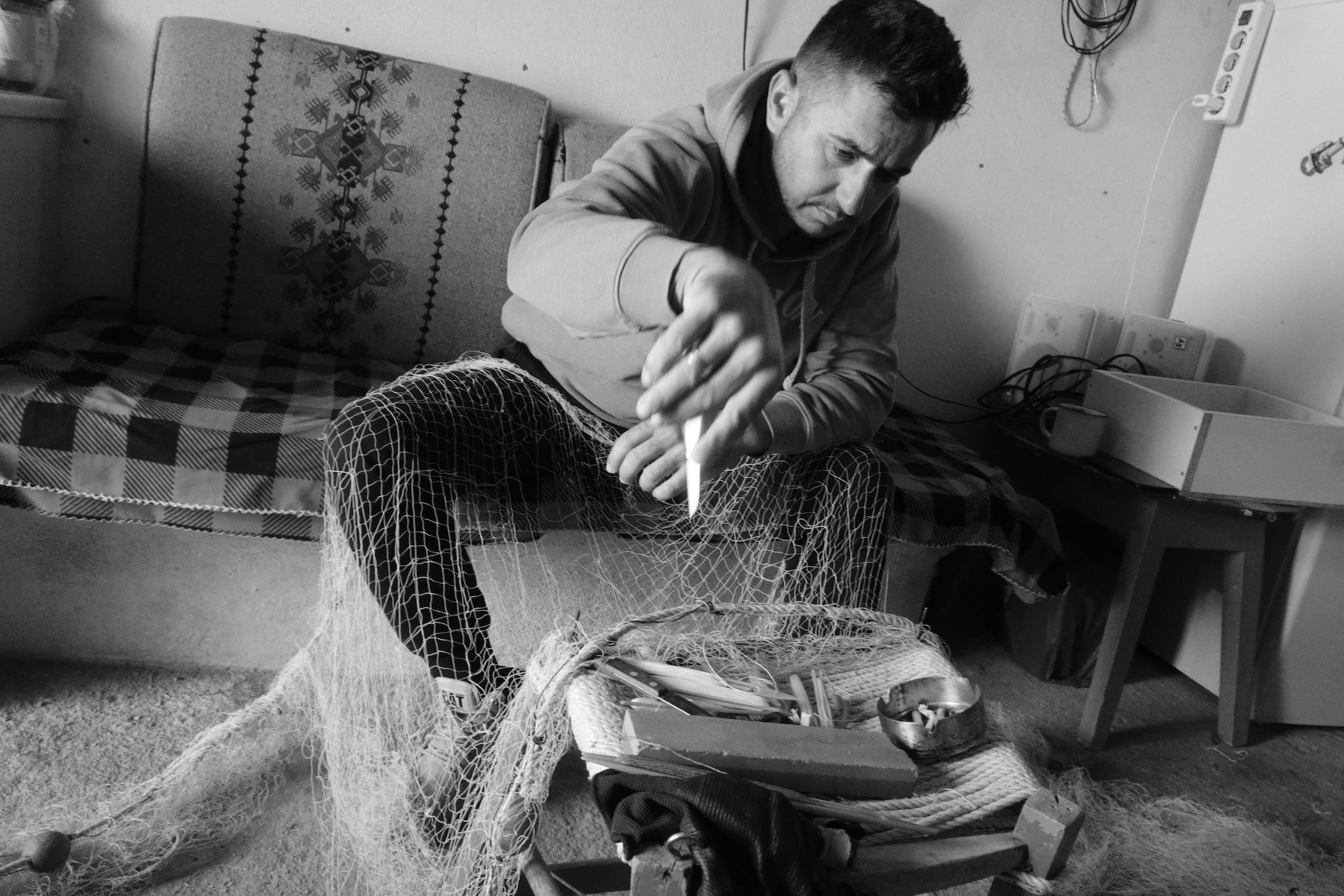
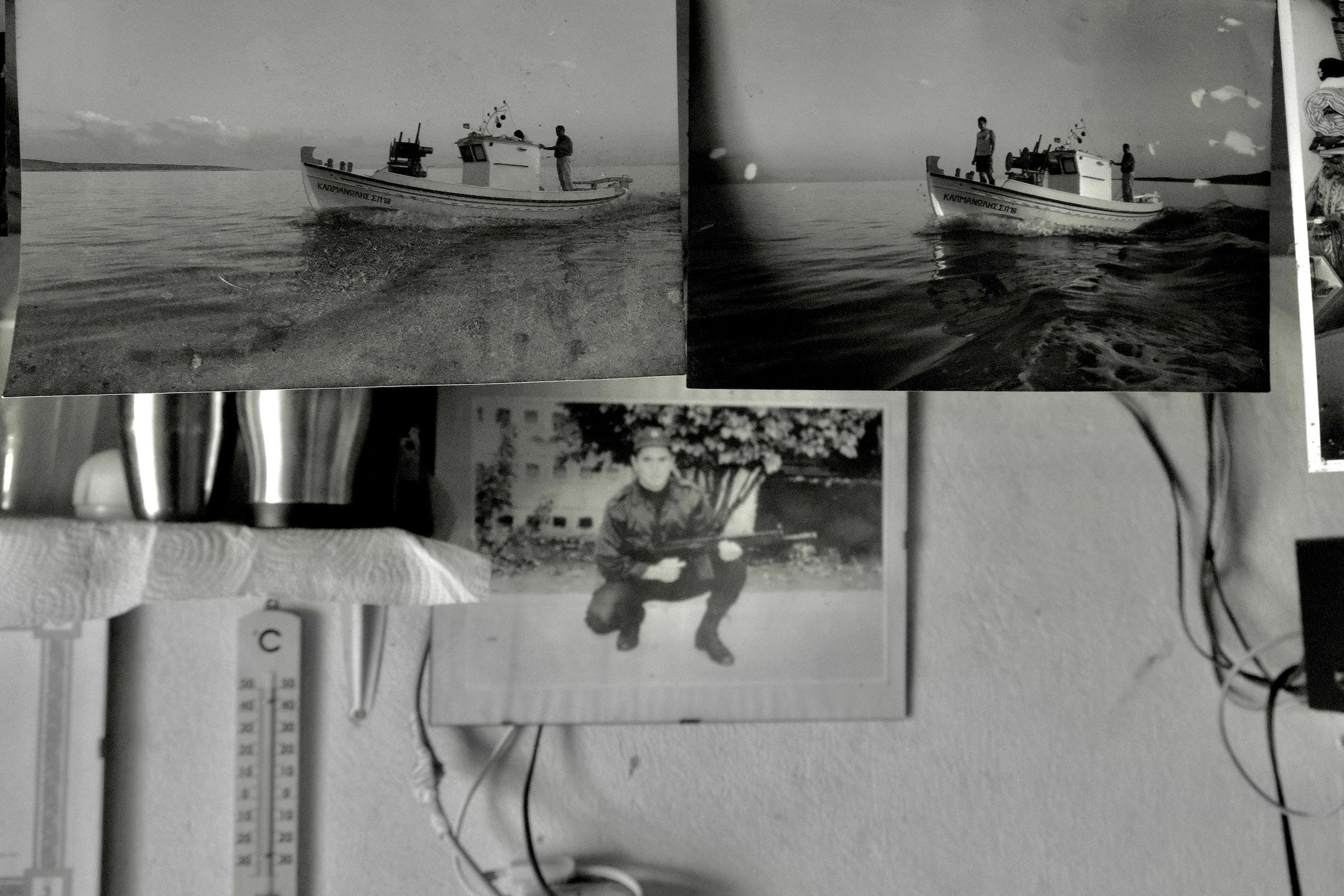
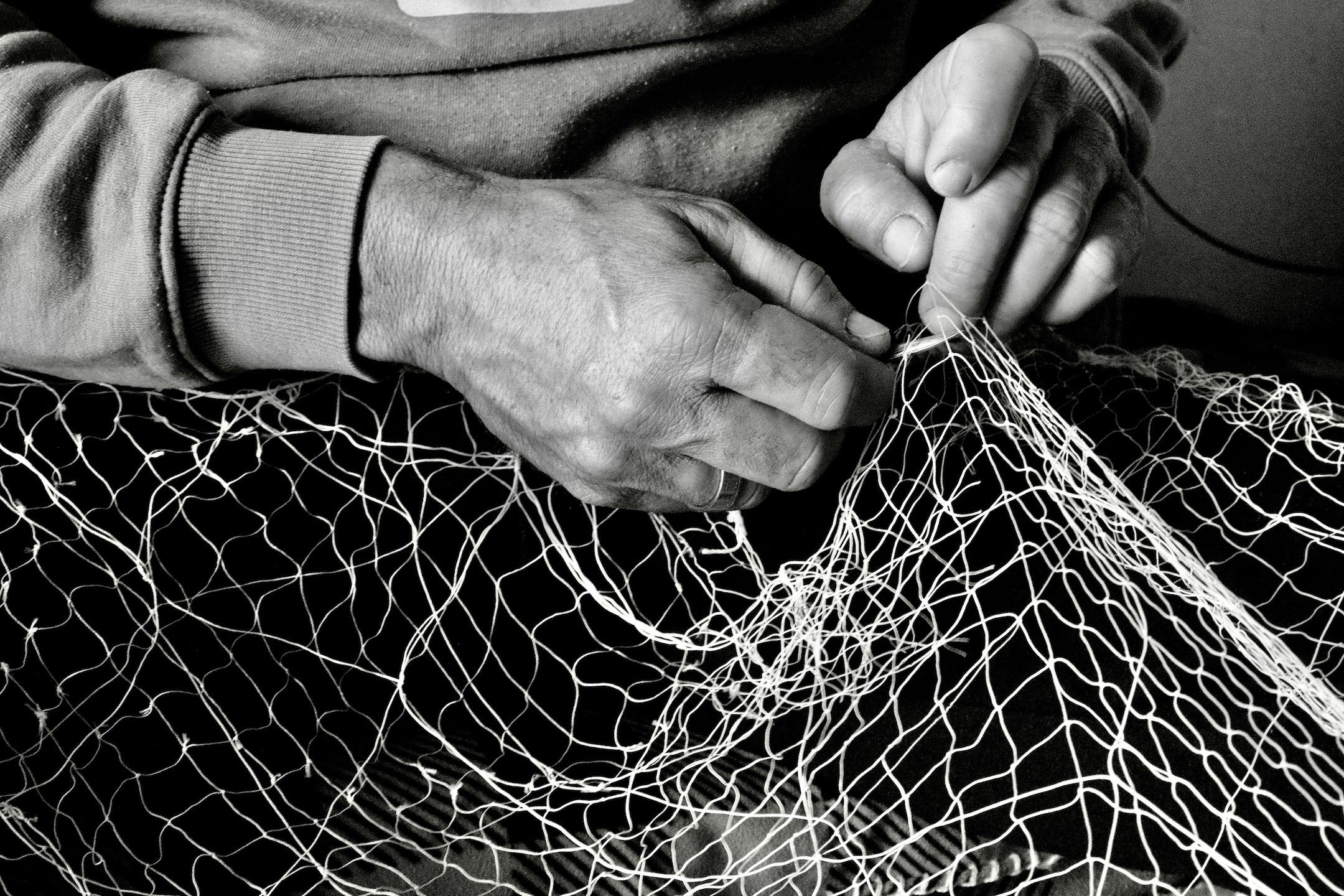
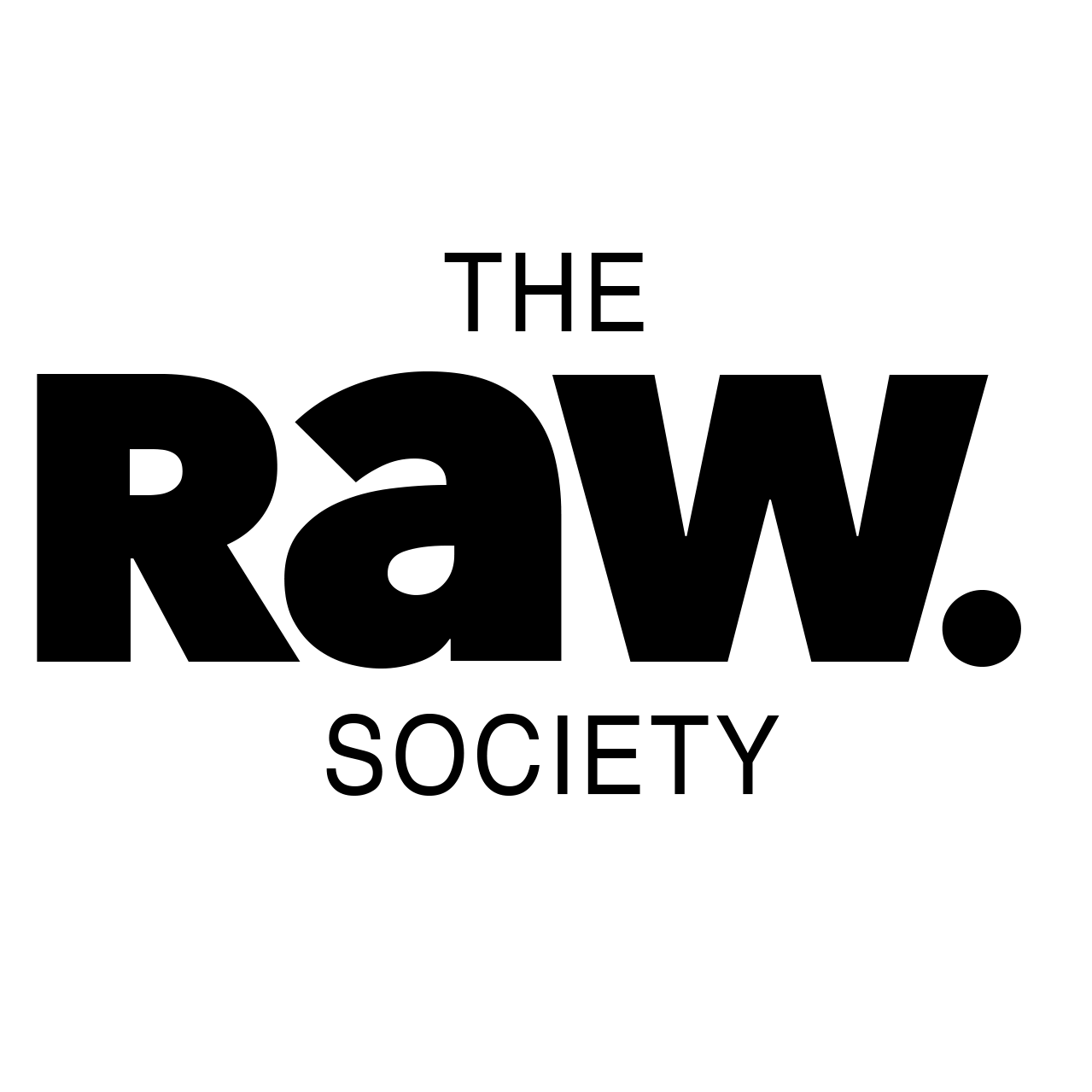
It's always interesting to observe the secondary/tertiary effects of these sorts of policies.
I love the photo of the fish strung up in a line. The tones are so good and the way they fan out sideways is the perfect display.
I think the term sustainable fishing contradicts itself. Killing animals in small and large sizes will always harm the ecosystem. I can understand that people earn their living from fishing, even my grandfather did. However, human consciousness now needs to learn to behave more ethically towards other creatures in the ecosystem. For this reason, I wish for fishing to gradually end and for fish that feel pain, which is proven by scientific data, to be free. Human beings have the flexibility of behavior to earn money from different professions and to create a food culture from different facts.